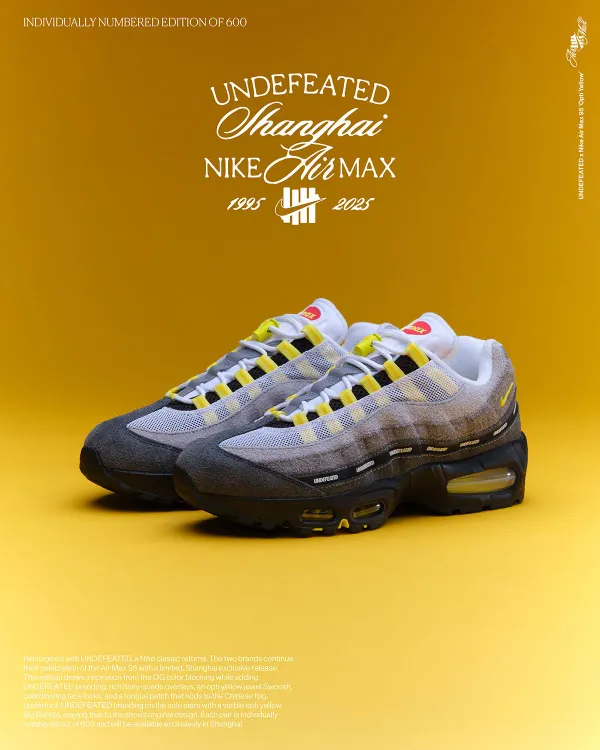Justin Bieber's 'SWAG' Sparks Feud Over 'Bitter Old Men Who Collect KAWS Dolls' Comment
Justin Bieber has stirred up the music world with his surprise album "SWAG" — and not just because of the music

Justin Bieber has stirred up the music world with his surprise album "SWAG" — and not just because of the music. The pop superstar has found himself at the center of a brewing controversy after resharing an Instagram post that took aim at hip-hop legends Clipse and their fanbase, characterizing them as "bitter grown men who collect KAWS dolls and shop at Kith and Union."
The Album Drop That Started It All
Released on July 11 with less than 24 hours notice, "SWAG" marks Bieber's first studio album in four years since 2021's "Justice." The 21-track project features collaborations with Gunna, Sexyy Red, Cash Cobain, Lil B, and gospel singer Dijon, showcasing a more mature and introspective Bieber who has become a father and navigated personal struggles in the public eye.
The timing couldn't have been more coincidental — or strategic. Clipse, the Virginia rap duo consisting of brothers Pusha T and No Malice, also released their highly anticipated comeback album "Let God Sort Em Out" the same day, marking their first project together in 16 years.
The KAWS Doll Controversy Explained
The drama unfolded when fashion designer and social media personality Kerwin Frost posted an Instagram story praising Bieber's new album while simultaneously dismissing Clipse's effort. "This is the only album that matters right now," Frost wrote in all caps. "This album is way better than the Clipse. Clipse is for bitter grown men who collect KAWS dolls and shop at Kith and Union."
Bieber amplified the message by resharing it to his own Instagram story, effectively co-signing the dig at the respected rap veterans. The reference to KAWS dolls — collectible art toys by artist Brian Donnelly that have become status symbols in streetwear culture — and high-end boutiques Kith and Union was seen as a pointed attack on hip-hop's more affluent, fashion-conscious audience.
When Frost noticed Bieber had reposted his message, he responded with "Birds of a feather, crash out together," though Bieber has since deleted the controversial repost.
Cultural Context and Backlash
The comment struck a nerve because it seemed to mock not just Clipse's music, but an entire demographic of hip-hop fans who've grown up with the culture and now have the disposable income to collect art and shop at premium retailers. KAWS figures, which can cost thousands of dollars, have become symbols of cultural cachet in both art and streetwear circles.
The timing makes the slight even more pointed. Clipse's "Let God Sort Em Out" has been widely praised by critics and features heavyweight collaborations with Kendrick Lamar, Tyler the Creator, and Nas. The album deals with heavy themes including the loss of both brothers' parents and their evolution as artists and people of faith.
A Tale of Two Albums
"SWAG" has received mixed critical reception, with some praising its cohesive sound and '90s-influenced synth-pop vibe, while others have criticized it as a "shallow, commercialized version" of the lo-fi sound popularized by collaborators like Mk.gee and Dijon. The album explores themes of fatherhood, marriage to Hailey Bieber, and spiritual growth, with tracks like "Dadz Love" reflecting his new role as a parent.
Meanwhile, Clipse's comeback has been hailed as a mature return to form. The album opens with "The Birds Don't Sing," a deeply personal track about losing their parents, and showcases the brothers' evolution from street rap to more introspective themes while maintaining their sharp lyricism and Pharrell Williams' signature production.
The Generational Divide
The controversy highlights a broader generational and cultural divide in music. Bieber, despite being 31, represents a pop sensibility that often clashes with hip-hop's traditional values of respect for veterans and authenticity. Clipse, who emerged in the early 2000s, represent an era when rap was becoming more sophisticated and artists were beginning to accumulate real wealth and cultural influence.
The "bitter old men" characterization particularly stings because it dismisses the legitimate cultural contributions of artists who helped shape modern hip-hop. Pusha T, in particular, is widely respected for his lyricism and has remained relevant through high-profile feuds and collaborations with younger artists.
Radio Silence from Clipse
As of now, neither Pusha T nor No Malice have responded to the slight, though hip-hop fans are eagerly waiting to see if the duo will address it musically. Given Pusha T's history of devastating rap beef responses — most notably his destruction of Drake on "The Story of Adidon" — many are hoping for a lyrical response that could reignite interest in traditional rap feuds.
The incident also raises questions about respect in hip-hop and whether pop artists should engage in the culture's more combative traditions. While Bieber has dabbled in hip-hop throughout his career and collaborated with numerous rap artists, his resharing of the Clipse diss suggests a misunderstanding of the genre's protocols around veteran respect.
Both albums are now available for streaming, leaving listeners to decide for themselves which approach to mature artistry resonates more: Bieber's polished pop introspection or Clipse's raw, experienced wisdom. The real winners, as always, might just be the music fans getting quality projects from both camps — regardless of their KAWS collection status.




